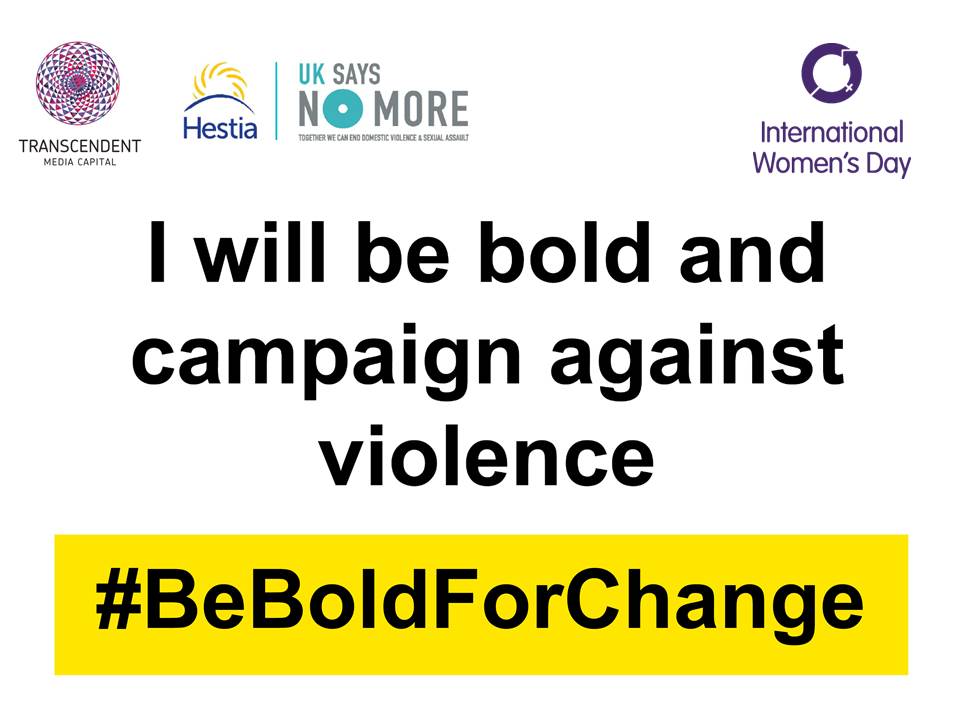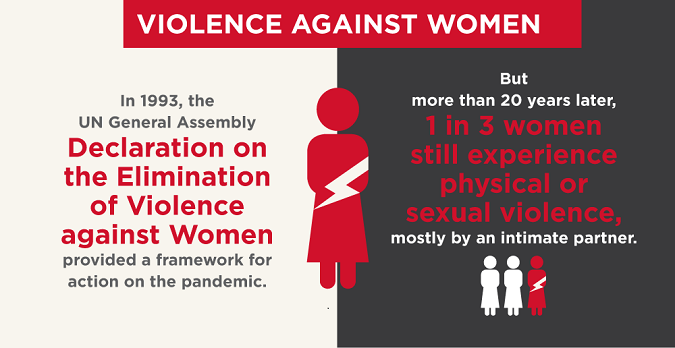We are pleased to share this blog from our partner Transcendent Media Capital.
Why Is International Women’s Day so important?
International Women’s Day (March 8) is a global day celebrating the social, economic, cultural and political achievements of women. The day also marks a call to action for accelerating gender parity. Last year, organizations and individuals around the world supported the #PledgeForParity campaign and committed to help women and girls achieve their ambitions; challenge conscious and unconscious bias; call for gender-balanced leadership; value women and men’s contributions equally; and create inclusive flexible cultures. But the World Economic Forum predicts the gender gap won’t close entirely until 2186. This is too long to wait. The world needs to step up and take bold action. That is why the theme for this year is #BeBoldForChange.
In line with this year’s theme, Transcendent Media Capital is taking another step towards progressing the gender agenda by partnering with Hestia Charity as one of our important partners in combating domestic violence worldwide. Together we aim to reach survivors of domestic and sexual abuse and families of victims of femicide throughout the UK. We will record their stories, enabling us to increase depth of understanding about these issues, give survivors and victims’ families a voice to assist in healing and help inform policy makers.
To mark International Women’s Day, Transcendent Media Capital and Hestia Charity wish to bring to the attention of Europe and the rest of the world what has been described by the World Health Organization as a global health problem of pandemic proportions: violence against women.

Violence Against Women
The United Nations defines violence against women as “any act of gender-based violence that results in, or is likely to result in, physical, sexual or mental harm or suffering to women, including threats of such acts, coercion or arbitrary deprivation of liberty, whether occurring in public or in private life.”
Intimate partner violence refers to behaviour by an intimate partner or ex-partner that causes physical, sexual or psychological harm, including physical aggression, sexual coercion, psychological abuse and controlling behaviours.
Sexual violence is “any sexual act, attempt to obtain a sexual act, or other act directed against a person’s sexuality using coercion, by any person regardless of their relationship to the victim, in any setting. It includes rape, defined as the physically forced or otherwise coerced penetration of the vulva or anus with a penis, other body part or object.”
It is estimated that 35 per cent of women worldwide have experienced either physical and/or sexual intimate partner violence or sexual violence by a non-partner at some point in their lives. However, some national studies show that up to 70 per cent of women have experienced physical and/or sexual violence from an intimate partner in their lifetime. Of all women who were victims of homicide globally in 2012, almost half were killed by intimate partners or family members. Violence against women is not a new phenomenon, nor are its consequences to women’s physical, mental and reproductive health. What is new is the growing recognition that acts of violence against women are not isolated events but rather form a pattern of behaviour that violates the rights of women and girls, limits their participation in society, and damages their health and well-being.
When studied systematically, it becomes clear that violence against women is a global public health problem that affects approximately one third of women globally.
The report, Global and regional estimates of violence against women: Prevalence and health effects of intimate partner violence and non-partner sexual violence, represents the first systematic study of global data on the prevalence of violence against women – both by partners and non-partners. Some 35% of all women will experience either intimate partner or non-partner violence. The study finds that intimate partner violence is the most common type of violence against women, affecting 30% of women worldwide and highlights the need for all sectors to engage in eliminating tolerance for violence against women and better support for women who experience it.
The report’s key findings on the health impacts of violence by an intimate partner were:
- Death and injury – The study found that globally, 38% of all women who were murdered were murdered by their intimate partners, and 42% of women who have experienced physical or sexual violence at the hands of a partner had experienced injuries as a result.
- Depression – Partner violence is a major contributor to women’s mental health problems, with women who have experienced partner violence being almost twice as likely to experience depression compared to women who have not experienced any violence.
- Alcohol use problems – Women experiencing intimate partner violence are almost twice as likely as other women to have alcohol-use problems.
- Sexually transmitted infections – Women who experience physical and/or sexual partner violence are 1.5 times more likely to acquire syphilis infection, chlamydia, or gonorrhea. In some regions (including sub-Saharan Africa), they are 1.5 times more likely to acquire HIV.
- Unwanted pregnancy and abortion – Both partner violence and non-partner sexual violence are associated with unwanted pregnancy; the report found that women experiencing physical and/or sexual partner violence are twice as likely to have an abortion than women who do not experience this violence.
- Low birth-weight babies – Women who experience partner violence have a 16% greater chance of having a low birth-weight baby.
Measures to Address Violence
In the majority of countries with available data, less than 40 per cent of the women who experience violence seek help of any sort. Among women who do, most look to family and friends and very few look to formal institutions and mechanisms, such as police and health services. Less than 10 per cent of those women seeking help for experience of violence sought help by appealing to the police .[1]
Deep-rooted inequality in the roles, rights and opportunities of men and women, and attitudes and social norms that condone or normalize such violence, have made the problem tenacious, but not inevitable. With laws to protect women and punish perpetrators, services to rebuild women’s lives and comprehensive prevention that starts early, ending violence against women and girls can become a reality. Yet, robust support and funding for efforts to end this violence remains woefully insufficient.
That is why this International Women’s Day, Transcendent Media Capital and Hestia Charity are calling upon you to #BeBoldForChange and take action today. We cannot do it alone. Follow this link for more information on how you can show your support. You can also join UK SAYS NO MORE on social media, over on Twitter, Facebook and Instagram!
[1] United Nations Economic and Social Affairs (2015). The World’s Women 2015, Trends and Statistics, p. 159.




